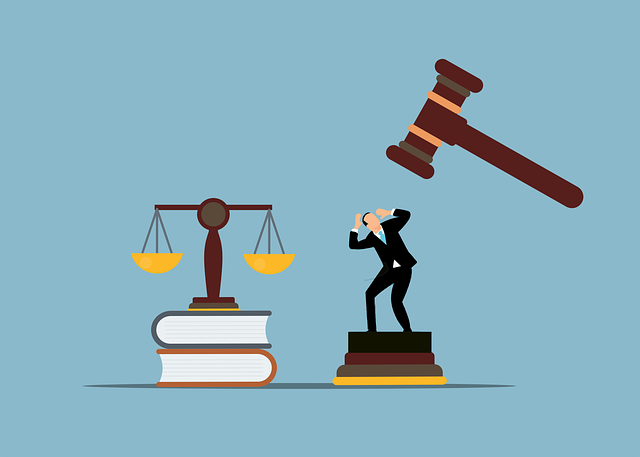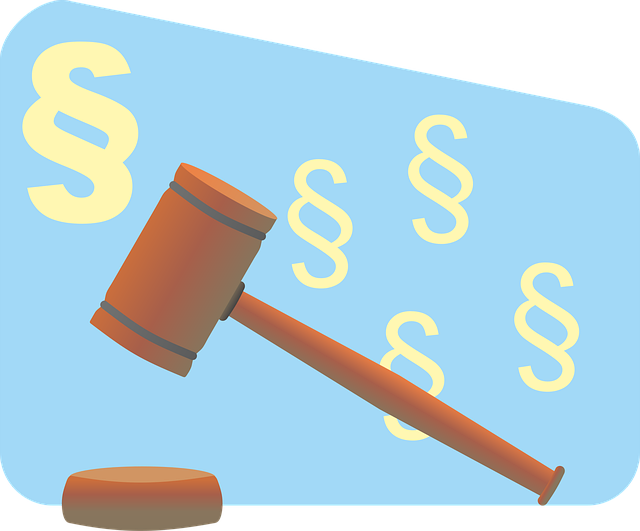In the dynamic healthcare industry, securities scams pose significant challenges due to complex transactions and regulatory environments. To combat these threats, Healthcare Industry Compliance focuses on proactive measures like staff training, internal audits, and dispute resolution strategies. By implementing robust Compliance Dispute Resolution, organizations can protect stakeholders, maintain public trust, and prevent future fraud. This involves coordination with regulatory bodies, forensic accounting, strategic legal actions, and structured investigations of irregularities. Effective compliance ensures high standards, safeguards against financial losses, and acts as a deterrent for fraudulent activities within the industry.
In the dynamic landscape of healthcare, financial fraud and securities scams pose significant risks. This article exposes common scams targeting healthcare companies, delving into the critical role of compliance in safeguarding the industry. We explore effective dispute resolution strategies for financial fraud cases, highlighting legal implications and best practices to navigate these complex issues. Understanding these strategies is essential for professionals aiming to protect the integrity of the healthcare industry through robust compliance measures and efficient dispute settlement.
- Unveiling Common Securities Scams Targeting Healthcare Companies
- The Role of Compliance in Protecting the Healthcare Industry
- Dispute Resolution Strategies for Financial Fraud Cases
- Legal Implications and Best Practices for Resolving Securities Disputes
Unveiling Common Securities Scams Targeting Healthcare Companies

In the dynamic landscape of the healthcare industry, where innovation and growth are paramount, securities scams have emerged as a significant challenge. These fraudulent schemes often target the unique regulatory environment and high-stakes financial transactions characteristic of healthcare companies. By exploiting loopholes in compliance procedures or leveraging complex financial instruments, scam artists aim to mislead investors and secure illicit gains. Common tactics include misrepresenting clinical trial data, falsifying financial statements, or engaging in pump-and-dump schemes where stock prices are artificially inflated through deceptive marketing.
Healthcare industry professionals must remain vigilant to uncover these scams, which can have severe consequences, including regulatory penalties, legal disputes, and even jury trials. Effective dispute resolution strategies are crucial for navigating high-stakes cases and avoiding indictment. Proactive compliance measures, such as stringent due diligence checks, independent audits, and transparent reporting practices, serve as robust defenses against such fraudulent activities. By staying informed about the latest scams and employing robust security protocols, healthcare companies can protect their stakeholders and contribute to a fairer market environment.
The Role of Compliance in Protecting the Healthcare Industry

In the healthcare industry, compliance plays a pivotal role in safeguarding against securities scams. Stringent adherence to regulations ensures ethical conduct, data privacy, and accurate financial reporting, thereby fostering trust among patients, providers, and investors. Effective compliance programs involve comprehensive training for staff, robust internal audits, and regular updates to address emerging threats.
Healthcare industry compliance goes beyond prevention; it also facilitates dispute resolution. When irregularities are uncovered, a well-established compliance framework ensures a structured approach to investigation. This includes gathering evidence, conducting interviews, and coordinating with regulatory bodies throughout all stages of the investigative and enforcement process. By upholding high standards, healthcare organizations can protect their respective businesses, maintain public trust, and promote integrity within the industry.
Dispute Resolution Strategies for Financial Fraud Cases

In the event of financial fraud within the healthcare industry, efficient dispute resolution strategies are paramount to ensure justice and deter future scams. Given the complex nature of white-collar crimes, victims often face challenges in recovering losses. An unprecedented track record of successful resolutions is achieved through a multi-faceted approach. This includes coordination with regulatory bodies, thorough forensic accounting to trace illicit transactions, and strategic legal actions to hold perpetrators accountable. Compliance with industry regulations plays a crucial role in prevention, as robust internal controls can act as a shield against fraudulent activities.
The unique dynamics of healthcare industry disputes require specialized strategies. Beyond financial compensation, resolution may involve restitution, where victims are actively involved in the process. This is particularly relevant when fraud has impacted patients or charitable funds within the philanthropic and political communities. A comprehensive dispute resolution plan not only seeks to recover losses but also serves as a deterrent, ensuring that those engaged in such illicit activities face significant consequences.
Legal Implications and Best Practices for Resolving Securities Disputes

When navigating securities disputes, especially within the complex landscape of the healthcare industry, understanding legal implications is paramount. The consequences of misconduct can be severe, including substantial financial penalties and reputational damage. Regulatory bodies such as the Securities and Exchange Commission (SEC) have broad authority to investigate and penalize violators, with sanctions that can include civil fines, criminal charges, and even jail time for individuals found guilty.
Best practices for resolving these disputes involve proactive compliance measures, thorough documentation, and a transparent approach. Keeping detailed records of all business dealings is crucial. An unprecedented track record of ethical conduct and robust internal controls can significantly bolster a respective business’s position during investigations. Engaging experienced legal counsel familiar with the healthcare industry is essential to guide companies through all stages of the investigative and enforcement process, ensuring their rights are protected while cooperating fully with regulatory authorities.
In conclusion, understanding and addressing securities scams targeting the healthcare industry is paramount. By unraveling common schemes, enhancing compliance measures, and implementing robust dispute resolution strategies, we can fortify the healthcare sector against financial fraud. These efforts not only protect consumers and companies but also ensure the integrity of the market. Through a combination of legal implications, best practices, and proactive measures, the healthcare industry can navigate complexities with confidence and maintain its focus on providing quality care.






